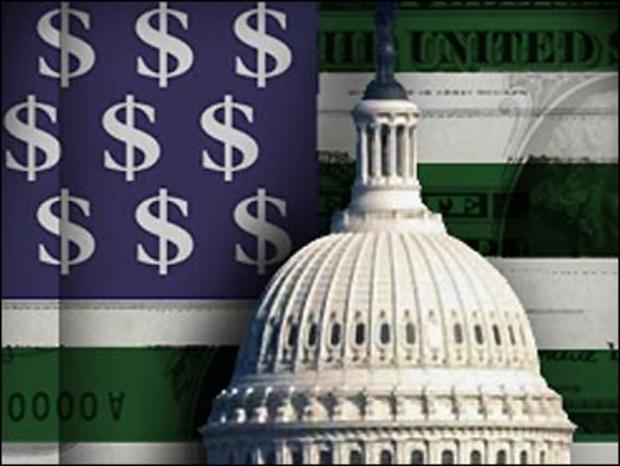Jill Schlesinger on Financial Reform Winners & Losers
Here is your scorecard!
Winners:
Wall Street Banks: The reform will hurt, but it wasn't as bad as it could have been. To wit:
1. The Volcker Rule was substantially watered down. Banks can still own private equity and hedge funds so long as they do not exceed 3% of core capital. Sure, banks may have to reduce their stakes, but there seems to be plenty of wiggle room on the definition of proprietary trading.
2. Although the derivatives business will change, the legislation omitted hard capital requirements, which really would have put bankers into a tizzy, and turned a deaf ear to leverage limits.
Derivatives Industry: Hours after the bill was announced, one derivatives trader told me, "Well, it could've been a lot worse!" The industry lobbied hard against Senator Blanche Lincoln's efforts to force the spin-off of all derivatives from banks. In the end, the provision allowed interest-rate swaps, foreign exchange swaps, and gold and silver swaps to remain at the big banks. That means that of the $615 trillion over-the-counter market, almost $500 trillion will be exempt.
Fannie and Freddie: Maybe they're only short-term winners, but Congress couldn't figure out how to deal with these toxic organizations just yet. Make no mistake, with both companies effectively kaput, something will have to happen to the "dead man walking" duo.
Rating Agencies: Do the big 3 rating agencies (Moody's, S&P and Fitch) have something on lawmakers-unflattering photos, perhaps? What else could explain how these companies retain their "special" government status, allowing them to do as they see fit, with limited liability. As key participants in the credit crisis, these companies got a "Get Out Of Jail Free Card."
Auto Industry: Yes, we bailed them out, but somehow carmakers won an exclusion from oversight by the Consumer Financial Protection Bureau. Financing arms like GMAC weren't so lucky — the CFPB gets to keep an eye on them.
Small Banks: Banks with less than $15 billion in assets won't have to comply with new capital requirements. Sen. Lincoln did Arkansas-based Arvest Bank Group proud in this maneuver. The bank, owned mostly by the Walton family (Wal-Mart), was the reason behind Blanche Lincoln's push to expand the limit from $10 billion to $15 billion.
Consumers: We got the Consumer Financial Protection Bureau, which attempts to keep an eye on any financially important company that touches our lives.
Movie Industry: Buried in the bill, there's a provision to ban film futures. Don't mess with the film industry when it comes to lobbying/marketing!
Losers:
Big Banks: Life will change for large banks, as new measures have every white shoe law firm on Wall Street trying to figure exactly what has to happen next. With limitations on private equity and hedge fund investments, chances are that Goldman Sachs and Morgan Stanley will have to reduce their exposure by as much as $10 billion and $3 billion, respectively. Next step for the banks is trying to assess how to create new revenue apres le deluge.
Consumers: The CFPB was watered down, allowing car dealers an out (see above), and brokers/insurance agents (or any other financial advice-givers) still don't have to put their customers' interests first.
The Credit Card Industry: The bill's ban on interchange (or "swipe") fees, which account for 1-3% of credit or debit card purchases. Once the rule goes into effect, credit and debit card companies are going to lose a chunk of money.
